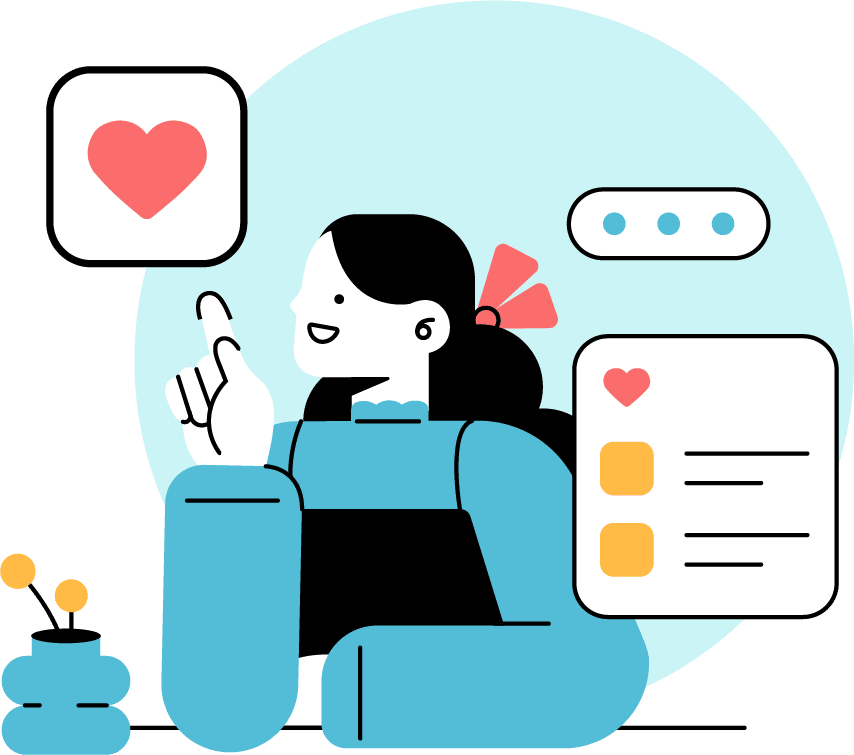
If you or someone in your life needs trauma counseling, call us today. At Clear Recovery Virtual Program, we help clients uncover, treat, and process unresolved trauma. Our flexible online trauma therapy programs provide comprehensive support without leaving home. Call us now at 866.680.0969 to find the virtual mental health therapy for you at Clear Recovery Virtual Program.
What Is Trauma?
Trauma refers to a physical, mental, and emotional response to a life-threatening event. When something like an accident, wild animal, or natural disaster strikes, the body responds instinctively. These responses include:
- Fight
- Flight
- Freeze
This response activates the ancient part of our brains designed for survival. In fight, flight, or freeze, a person’s body floods with hormones like cortisol and adrenaline for survival. Unfortunately, during a stressful event, the body may not process these chemicals. When that happens, they become “trapped” in the body’s tissues and organs. Trauma therapists refer to this as “trapped trauma” or unprocessed trauma.
If the body fully processes an event, it becomes a memory. If it doesn’t, it becomes a traumatic memory. This means the memory can easily be triggered and cause physical, mental, and emotional symptoms to reoccur without a life-threatening situation.
Unprocessed trauma can lead to health problems and strange behavior. A person may often feel unsafe, struggle with anxiety and depression, have increased noise sensitivity, and become reactionary or aggressive at strange times. These are common signs of unprocessed trauma. For many, unprocessed trauma can be connected to co-occurring mood disorders or have similar symptoms. That’s why it’s important to connect with a therapist at Clear Recovery Virtual Program for an assessment and individualized treatment plan.
Processing Trauma with Trauma Therapy
Over the last few decades, psychologists have made breakthroughs in the understanding and treatment of trauma. Trauma therapy can be a vital tool to help clients understand their behaviors, feelings, emotions, and life history. Some trauma therapy may include eye movement desensitization and reprocessing (EMDR), which helps clients reduce trauma triggers through individualized sessions that pair memory recollection with eye movements. Others might do somatic practices to release trauma from parts of the body.
Trauma therapy can help normalize traumatic situations and give clients the perspective they need to see their trauma as what it is: a natural reaction to a past event. By regularly working with trauma therapists, clients can identify triggers, reduce triggers, and find the coping mechanisms they need to prevent traumatic episodes.
Learn More About The Benefits of Virtual Trauma Counseling Now
Unfortunately, unresolved trauma affects people every day. Traumatic events and prolonged stress can trigger traumatic episodes, especially affecting frontline workers and caregivers.
At Clear Recovery Virtual Program, we understand how hard it is to find trauma treatment that fits clients’ schedules and needs. That’s why we provide comprehensive, evidence-based trauma therapy online through our virtual IOP program. We have a program that meets your needs and schedule with a range of mental health services, including group therapy, PTSD treatment, and anxiety treatment.
The effects of trauma can be long-lasting and detrimental to long-term health. If you’ve experienced trauma or are experiencing signs of prolonged stress and PTSD, our team can help. Call us now at 866.680.0969 to connect with a therapist and enroll in our IOP today.




